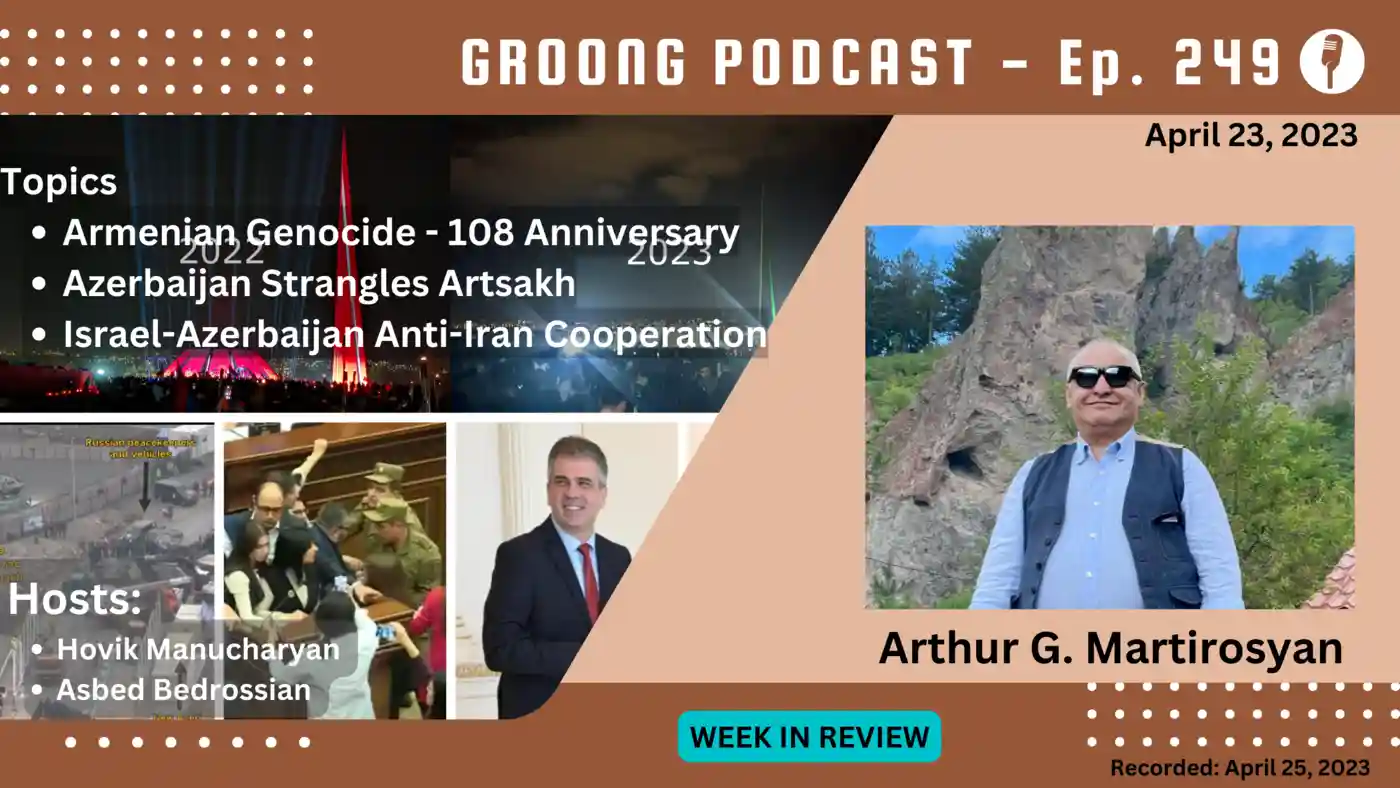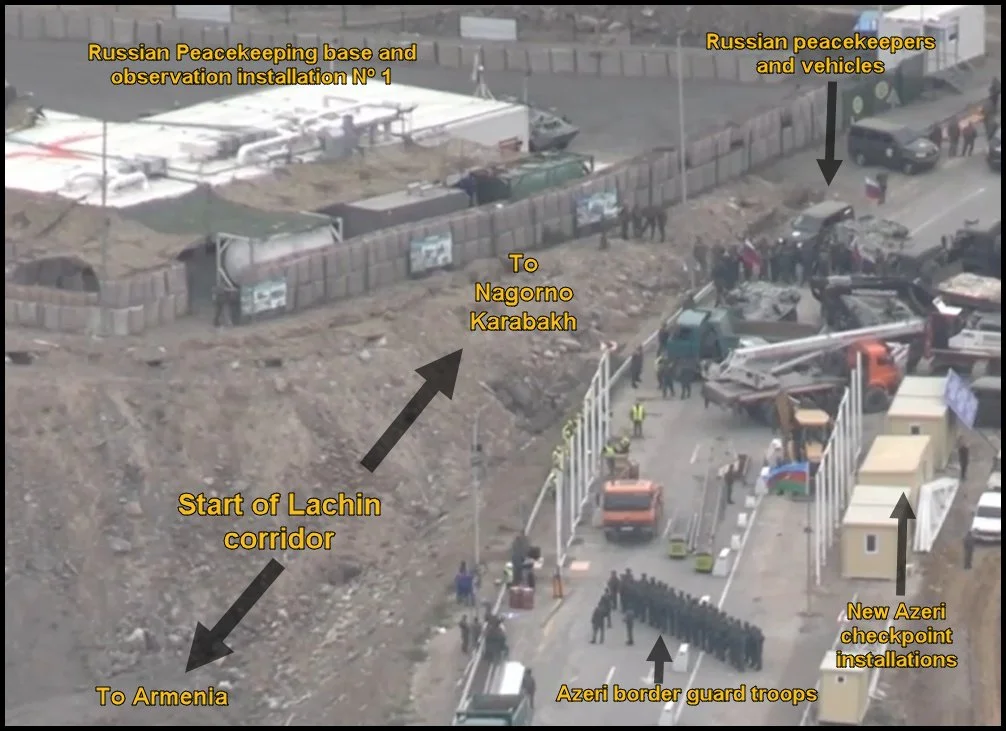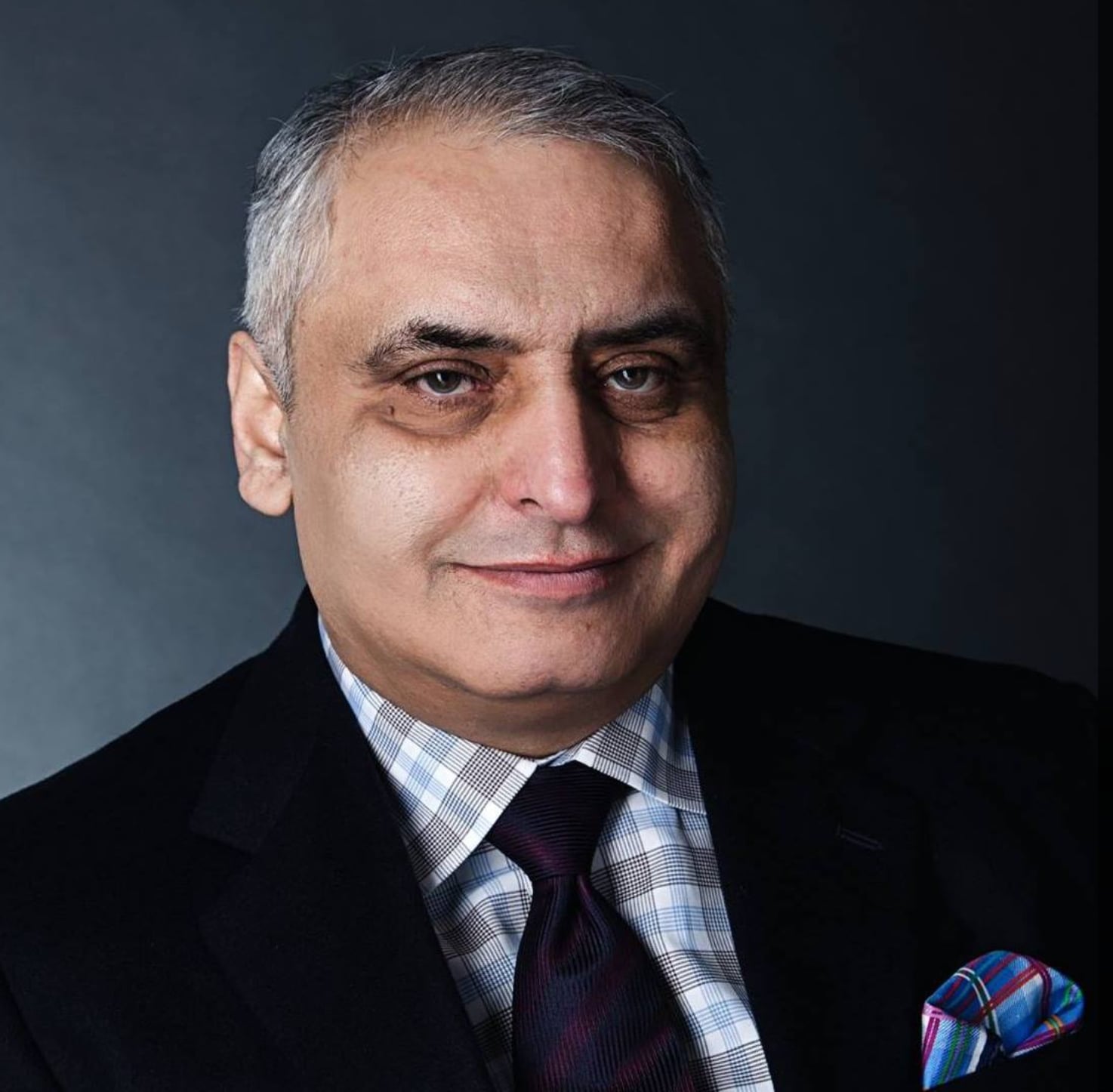
Guest:
Topics:
- Armenian Genocide: 108 Anniversary
- Azerbaijan Strangles Artsakh
- Artsakh Strangled
- International Community
- Pashinyan’s Parliament Speech
- Madrid Principles
- Aliyev Continues Threats, Ultimatum to Artsakh Armenians
- What Can Diaspora Do?
- Israel - Azerbaijan cooperation against Iran?
- Rants
Episode 249 | Recorded: April 25, 2023
Show Notes
Topics This Week
108th Anniversary
Talk about statements around the world and the surreal sense that while countries are condemning a genocide of 100+ years ago, another one is occuring right now.
Then talk about Pashinyan’s reference to Aragats (meaning that we don’t appreciate what we have and we yearn for Ararat).
Questions:
- From a negotiating perspective why is it important to push genocide recognition?
Azerbaijan strangles Artsakh
Artsakh Strangled
After weeks of fears of yet another escalation in the blockade of Artsakh, on Saturday, on the eve of the April 24th Armenian Genocide commemoration, Azerbaijan officially made the move. They transported equipment and manpower to the bridge on the Hagari river that is the only way in and out of Artsakh in order to build a checkpoint, something that is in direct contravention of the November 9/10, 2020, statement which guarantees free passage across the Berdzor/Lachin corridor.
The Azerbaijanis are setting up their checkpoint smack in front of a big Russian peacekeeper base and observation point. The Russian MOD officially claimed that Azerbaijan made the move unilaterally and in an uncoordinated manner.

Source: @nkobserver
This news unfortunately wasn’t a surprise to almost anyone. In the days leading up to their latest actions, Azerbaijani propaganda spread fake news that Armenian military forces, supported by Russian peacekeepers, were transporting arms to Artsakh. At the end of March, Azerbaijanis had made further encroachments into the Armenian side of the border establishing control of important heights that overlook the road to the bridge. On April 6, Naira Melikyan, mother of fallen hero Hayk Melikyan, reported to us that she was prevented from reaching that same bridge by Armenian border guards amidst claims that Azerbaijanis were planning to install posts or checkpoints. Check out Episode 245 to hear that report.
Question:
- Arthur, were you surprised? What do these latest moves by Azerbaijan achieve?
The Armenian MFA, again, appealed to the Russians to unblock the corridor claiming it is their responsibility. Also, the Pashinyan government said that they would apply to the ICJ, but we already know how that went last time. Almost all major global and regional powers again expressed their “concern”, and some even made calls for Azerbaijan to cease and desist from provocations, but nothing more than that. If anything, the US ambassador to Armenia noted again this week that no sanctions are being considered against Azerbaijan.
Questions:
- What is the role of regional powers in all this? We have mentioned repeatedly that Azerbaijan is important for all players due to its acting as an energy corridor, so that is understood. But are they truly powerless to prevent Azerbaijan from blatantly transgressing its international obligations, with complete impunity? Or, do they simply not want to, because the interests of all these major powers are orthogonal to Armenian national interests?
Pashinyan’s Parliament Speech
So as we said, this move by Azerbaijan was not a surprise, but just so we didn’t have any doubts which way the Armenian authorities think, earlier in the week Pashinyan produced many shocking headlines. By the way, this was the same session by the way where opposition parliamentarians were forcefully expelled from the parliament by National Security Service employees in cooperation with Pashinyan’s bodyguards. In a multi-day parliament session, where Pashinyan was giving a report about the government’s 2022 program, Pashinyan made official statements explicitly recognizing Azerbaijan’s Soviet borders, which many analysts say would imply that Artsakh is recognized as part of Azerbaijan.
This is the same guy who in 2018 and 2019 was saying that “Artsakh is Armenia and that’s that”!
Questions:
- Who are these statements by Pashinyan intended for? The Armenian public? Aliyev? Others?
When asked to elaborate on whether he recognizes Artsakh as part of Azerbaijan, Pashinyan didn’t give a direct answer but as is customary he blamed the former leadership of Armenia, saying that the former leaders of Armenia already recognized Artsakh as part of Azerbaijan by agreeing to the Madrid Principles. He explained this by the existence of the principle of “territorial integrity” as one of the three principles of that document (the other two being non-use of force and self-determination). Pashinyan also said that if he’s guilty of anything, it’s that he hasn’t been honest with the people of Armenia that the “game is over”. This drew a rare rebuke from Vardan Oskanian, a former minister of foreign affairs during second president Robert Kocharyan.
Questions:
- Can you explain how much credence we should give to Pashinyan’s arguments that Armenia had agreed to Artsakh being part of Azerbaijan within the context of the Madrid Principles?
Arthur, before we go to the next section, is there anything else that caught your attention from Pashinyan’s speeches this past week?
Aliyev Continues Threats, Gives Ultimatum to Artsakh Armenians
In what appears to be an act of coordinated timing (or a very big coincidence), the same day that Pashinyan made the scandalous announcement in the Armenian parliament, Aliyev made his own statements.
First, to the government of Artsakh, Aliyev said that Armenians of Artsakh should either adopt Azerbaijani citizenship or leave. This was in response to the offer of the Artsakh government to meet in order to coordinate on important issues - without explicitly agreeing to Azerbaijan’s demands for talks on integration.
Next, he said that in Prague in 2022 Armenia finally agreed to the so-called territorial integrity of Azerbaijan, but Pashinyan needs to do more. Aliyev said that since Pashinyan said that “Artsakh is Armenia, Եւ Վերջ”, he should now explicitly say “Karabakh is Azerbaijan”.
Questions:
- It is clear that Armenia has left Artsakh alone in this fight. But from a negotiations perspective, what can Artsakh authorities do? Can they rely on Armenians in Armenia or Diaspora for support, for instance, without coordinating with Pashinyan?
Israel - Azerbaijan cooperation against Iran?
While the open war of words between Iran and Azerbaijan has been reduced slightly, the Azerbaijani embassy in Iran still continues to be closed and so far we are not seeing signs that the tension will abate anytime soon. Instead, we’re seeing further cooperation between Baku and Iran’s enemies such as the US and Israel. Just today (April 25), the US announced a new set of sanctions against Iran, in conjunction with the UK.
And last week, the foreign minister of Israel, Eli Cohen, was in Baku. That visit came in the wake of Azerbaijan opening its embassy in Israel. Public messaging underscored that Azerbaijan and Israel are strategic partners and that both countries see Iran as a threat. There were also reports of defense deals, specifically that Azerbaijan will be acquiring two satellites from Israel.
Questions:
- How do you see the issue between Iran and Azerbaijan developing? Will it move to an open confrontation or is there potential for managing the tensions?
- Can Armenia do anything to derive benefit, or at least stay safe from the ramping crisis between Iran and Azerbaijan?
Alright, let’s wrap up our topics here. I’d like to ask each of you if there’s been something on your mind this past week that you want to talk about.
Topics from the Panelists
- Arthur - Indelible influence of Genocide on identity.
- Hovik - Pashinyan on Church calls for his resignation.
Alright, we’ll leave it there for today! Thank you everyone!
Wrap-up
We hope you found our Week in Review helpful. We invite your feedback and your suggestions, you can find us on most social media and podcast platforms. Thanks to Laura Osborn for the music on our podcasts.
Guests

Arthur G. Martirosyan
Arthur G. Martirosyan is a Senior Consultant with CM Partners. In 1994, after graduating from Yale University, he joined Conflict Management Group and Harvard Negotiation Project, and has since worked on conflicts in the former Soviet Union, the Middle East, the Balkans, Africa, and Latin America.
Hosts

Asbed Bedrossian
Asbed Bedrossian is an IT professional, and for years oversaw the central IT enterprise infrastructure and services at USC. His decades of experience spanned across IT strategy, enterprise architecture, infrastructure, cybersecurity, enterprise applications, data center operations, high performance computing, ITSM, ITPM, and more.
Asbed founded the Armenian News Network Groong circa 1989/1990, and co-founded the ANN/Groong podcast in 2020.

Hovik Manucharyan
Hovik Manucharyan is an information security engineer who moved from Seattle to Armenia in 2022. He co-founded the ANN/Groong podcast in 2020 and has been a contributor to Groong News since the late 1990s.
Disclaimer: The views expressed by Hovik Manucharyan on the ANN/Groong podcast are his own and do not necessarily reflect the opinions of his employer or any other organization.